

 To my sister, Carole
To my sister, Carole
CONTENTS
ACKNOWLEDGMENTS
Many helpful people played a role in making this book a reality. My deepest appreciation goes to Laura Frisk, Christina O'Brien, Gina Myers, Gloria Siegel, Steve Young, and Hanna and Philip Schein for testing recipes with great skill and enthusiasm.To my husband, Jon Robertson, many thanks for pitching in whenever there was a need, be it tasting and testing recipes or keeping my computer files organized. Much gratitude goes to my dear friends Jannette Patterson, Carol and Francis Janes, and Simone Gabbay, R.N.C.P., for their help and support. Special thanks to Brenda Davis, R.D., for her expert advice and guidance. I also wish to acknowledge Neal Barnard, M.D.; Joel Fuhrman, M.D.; and Michael Klaper, M.D., whose groundbreaking books on vegan diet and nutrition have long been an inspiration to me. Many thanks to my agent, Stacey Glick of Dystel & Goderich Literary Management, for her ongoing support and encouragement.
I also wish to thank my editor, Pamela Adler, for her insights and expertise, as well as Miriam Backes, Margot Schupf, and everyone at Rodale who was involved in the project.
INTRODUCTION
After going vegetarian in 1987, I was often asked,Are you getting enough protein? I always answered in the affirmative, since my diet included an abundance of protein-rich beans, legumes, and soy products. But years (and extra pounds) later, I realized that, while I was carefully monitoring my protein intake, I had paid scarce attention to carbohydrates. Despite the fact that many of the carbs I ate were good carbs such as brown rice and other whole grains, I also ate more than my share of refined carbs in the forms of white bread, white pasta, white rice, and white sugar. I was no stranger to starchy vegetables such as potatoes or corn either. Some people, vegetarians and otherwise, may be able to load up on carbs without negative results.
However, others gain weight. I'm not blaming the vegetarian diet for this, rather the uninformed choices people make when choosing a plant-based diet. In my own case, I naively thought that since I was eating no food containing cholesterol or saturated fat, I could eat virtually anything. Boy, was I wrong. I eventually realized that the tasty mountain of ziti on my plate wasn't going to help me lose weight. I figured out that those mega-bagels weren't the ideal choice either.
Still, the more refined carbs I ate, the more I wanted. Once I turned 50, I resolved to do something about my sidetracked diet. Go back to eating meat? Never. As an ethical vegan, my love and respect for animals are more important to me than my dress size. Besides, I knew it wasn't the vegetables and tofu that packed on the extra pounds.After much research, I discovered that the one answer to losing weight could be found in eliminating refined carbohydrates. It seems that while many people can thrive on a well-balanced vegetarian diet that may include refined carbs, others need to monitor their carbohydrate intake more carefully in order to keep their weight down.
I knew I wasn't alone in my struggle with refined carbohydrates. For several years now, other vegetarians, frustrated by the ubiquity of the meat-oriented low-carb diet craze, have been asking me for low-carb recipes with the vegetarian in mind. It is in response to them that I've written this book. I'm proud to present these 150 nutrient-rich vegetarian recipes.They contain no refined carbohydrates, such as white bread, white rice, sugar, or pasta. Instead, the recipes focus on nutrient-rich plant-based foods, such as soy in all its forms, including tofu and tempeh, and a wide variety of vegetables, beans, legumes, whole grains, fruits, nuts, and seeds. I've compiled recipes that provide the best of both worldsthe benefits of a vegetarian diet that is also relatively low in carbohydrates.
And because enjoyment of food is tantamount to our well-being, these full-flavored recipes are designed for dining pleasure in addition to good health. 

CHAPTER ONE
A FIRM FOUNDATION
During the low-carb craze of the early 2000s, much of the hype emphasized consuming large amounts of meat and cheese and avoiding carbohydrates.This flew in the face of a healthy vegetarian diet, since plant-based ingredients contain carbohydrates.The fact is, commonsense dietary guidelines on carbohydrate consumption are important for good health and weight control, whether you eat meat or not. Vegetarians, and others who avoid animal products, can be healthy and stay trim through an enlightened understanding and use of good carbohydrates, while eliminating bad carbohydrates and still eating satisfying meals.This cookbook shows the delicious and sensible way to win the carbohydrate game and proves that carb-conscious vegetarian recipes are a practical and preferable alternative to low-carb. The secret is to break free from the trap of relying on white bread, pasta, potatoes, and rice at mealtime.The recipes in this book eliminate refined carbohydrates, so you can cut back on carbs without sacrificing necessary fiber, phytochemicals, and other important nutrients. Because the recipes are vegetarian, they also leave out the saturated fat and cholesterol usually associated with low-carb diets. I considered all of these factors when deciding what ingredients to feature in a carb-conscious vegetarian cookbook.This is a moderately low-carb/all-good-carb vegetarian cookbook.Thanks to the work done by pioneering medical doctors such as Dean Ornish, John McDougall, Neal Barnard, Joel Fuhrman, and others, certain flaws of trendy high-protein, very low-carbohydrate diets that emphasize meat, eggs, and cheese are becoming better understood.
These experts explain that people don't need animal products to lose weight or to stay healthy. Many vegetables are more than 30 percent protein and provide the body with high energy and stamina without relying on the artery-clogging animal products that have been linked to cardiovascular disease and cancer.The recipes in this book provide you with all the benefits of a healthy plant-based diet.
The Vegetarian Call for Low-Carb
Writing vegetarian cookbooks often brings me into contact with people seeking recipes and cooking advice.The most frequent request I receive is for low-carb vegetarian recipes. Obviously, there's a need for a collection of recipes that answers the call of carb-conscious vegetarians who want to know how to cook delicious meals containing more moderate proportions of carbohydrates.
Carb-Conscious Vegetarian provides mouthwatering recipes for meat- and dairy-free meals that scale back the carbohydrates, primarily by eliminating refined carbs, while delivering nutrient-rich protein, fiber, vitamins, and mineralsgood news for people who want creative and flavorful recipes for vitality and good health.
COMMON SENSE
Regardless of whether or not you're on a diet, there are some commonsense denominators for a healthy lifestyle.



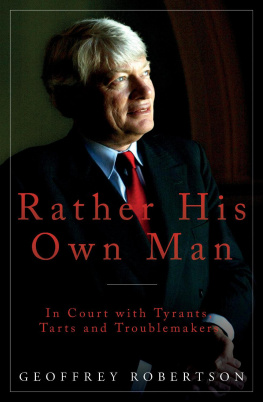
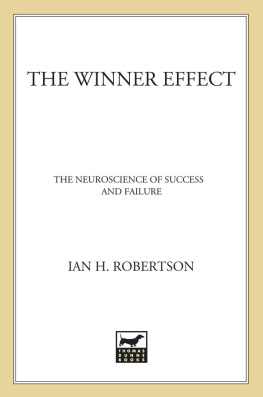
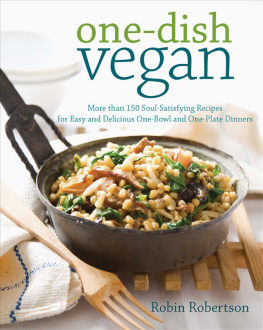


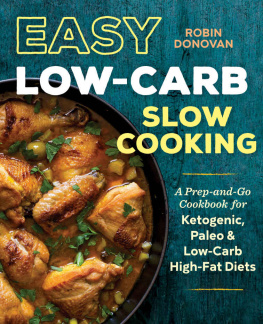
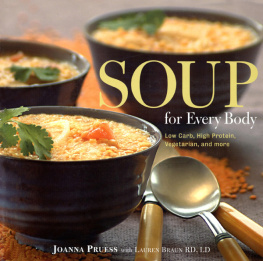
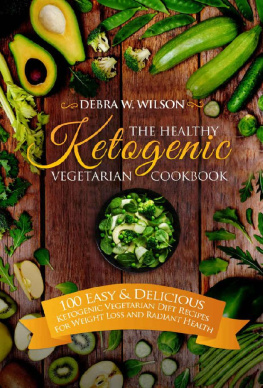
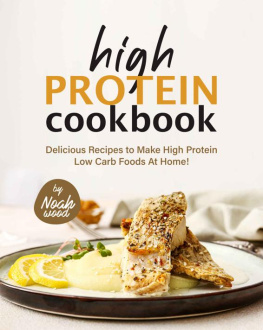
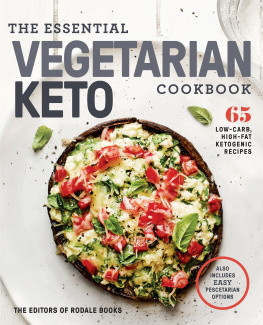
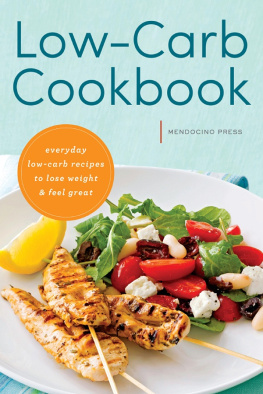
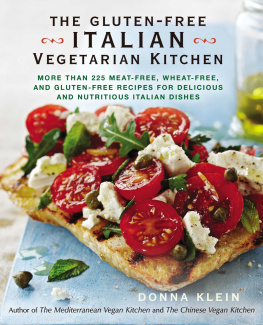
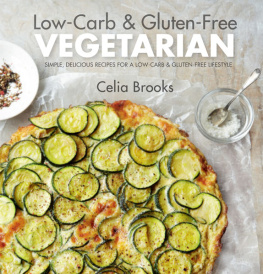
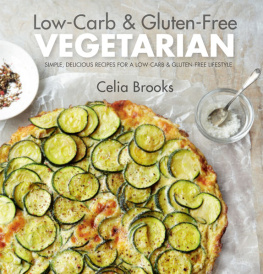
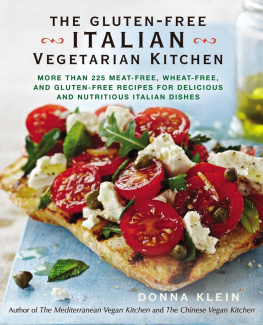


 To my sister, Carole
To my sister, Carole
